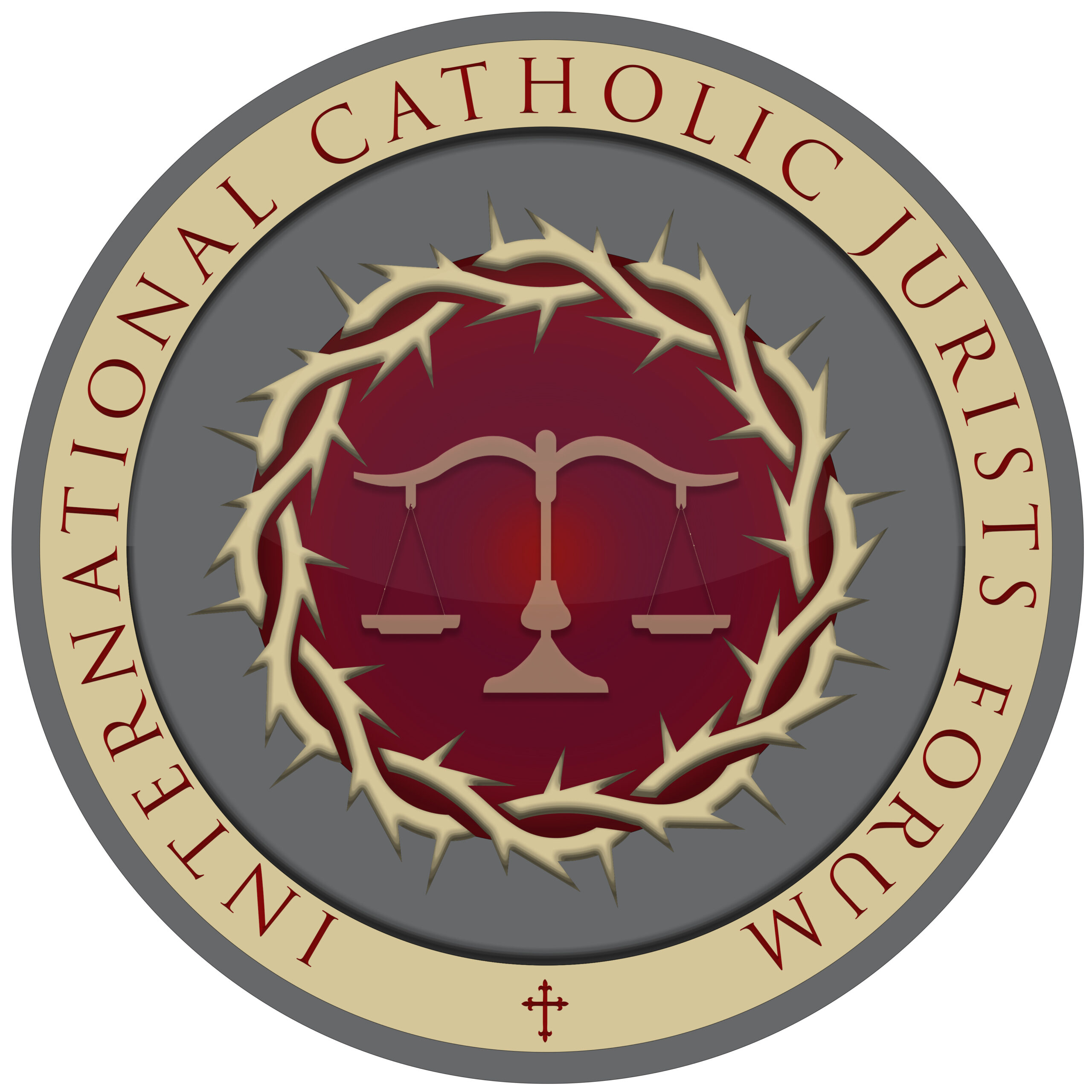June 2006 – If Marriage is Natural, Why is Defending It So Hard? Taking up the Challenge to Marriage in the Pews and the Public Square
INTRODUCTION
Alfonso Cardinal Lopez Trujillo presents a rich and deep vision of marriage as “a natural institution which precedes the sacrament.” (1) The essence of marriage, so understood, is unity and indissolubility. Marriage does not ratify or celebrate a preexisting relationship. It transforms the relation between man and woman because it comes into existence only from the moment a man and woman decide, via a free act of the will, to give themselves to each other in this unique way. (2)
Unity implies a community in the whole of life, including the gift and acceptance of the whole sexual self, and therefore an openness to giving and accepting from one another the gift of motherhood and fatherhood. (3) A woman who gives herself to a man at the altar as a wife, but secretly reserves the right to have sex or children with another man, is not really giving herself at all. A ceremony in which a man promises to stay with a woman until someone better comes along is not really making a marriage promise at all, whatever his legal certificate says.
The task is to explain the obstacles to achieving this vision of marriage and also the ways to overcome such obstacles. Practically speaking, the strongest resistance to this vision of marriage as a natural institution clusters around three areas: contraception, divorce, and gender. (4) What is the deep source of these obstacles to marriage? There are many possible answers, many of which Cardinal Trujillo touches upon: legal positivism, individualism, false anthropologies, self-created spiritualities, and the accompanying decline in religious and/or moral authority. (5) Most intriguing is that Cardinal Trujillo identifies ideology itself as the enemy of the family:
[T]he various historical attempts to eliminate the family as a natural institution have perhaps contributed to the decline, apparent now more than ever before, of the proper understanding of the “natural character” of the family. Such attempts have been produced particularly in countries following a Marxist ideology, in a world pursued by various totalitarianisms, and by the post-modern version of secularization, as well as the enormous transformations that the family has suffered in the West.
Under Communism or Nazism, the rise of an antifamily ideology is readily understandable as one of many grotesque distortions of humanity made possible by a tiny minority’s will to power. The family, as the generator of human and religious values, stands in the way of the totalitarian state’s project to create a new man. As such, the natural family must be targeted and broken.
But today there is a new puzzle: how to explain the ongoing, rising antifamily ideologies in democratic societies, where power is both more broadly distributed and more responsive to ordinary people’s wishes.
If the Catholic Church’s teachings are based on natural law, available to rational people of good will, how is it that the Church finds it so difficult to defend its vision of marriage, not only in the public square, but even to church-going Catholics in free, democratic, developed nations? If marriage is natural, as the Catholic Church has always taught, why is it becoming so hard to defend marriage both in the pews and in the public square?
Take this question seriously. Something fundamental has changed in the social ecology of the family in all developed nations. This fundamental change makes the defense of the natural family both more urgently necessary and also far more challenging. The marriage crisis is not, or is not only, a crisis in moral values or philosophical ideas; it is an institutional crisis, arising from the way that modernity really does change relations between adults and children, as well as between husbands and wives, in novel ways that make not only sustaining the family much more difficult, but perceiving the need to do so as well.
